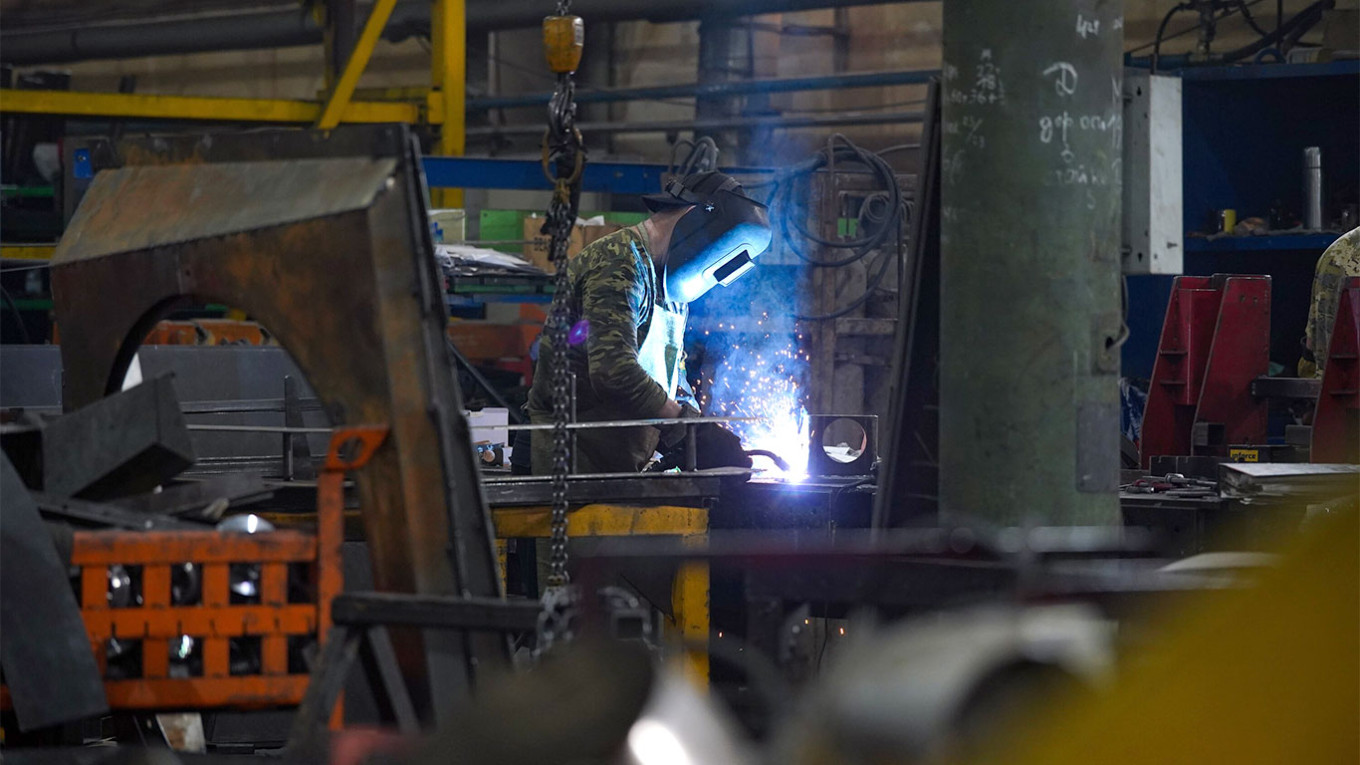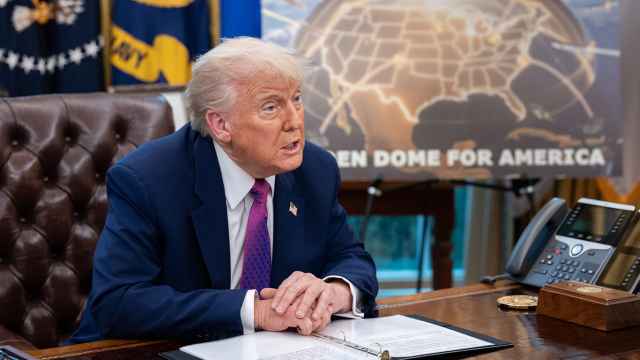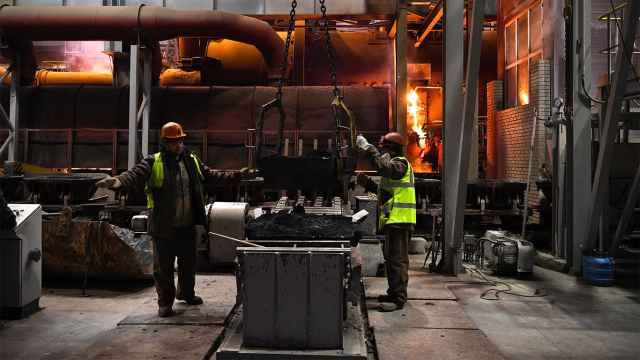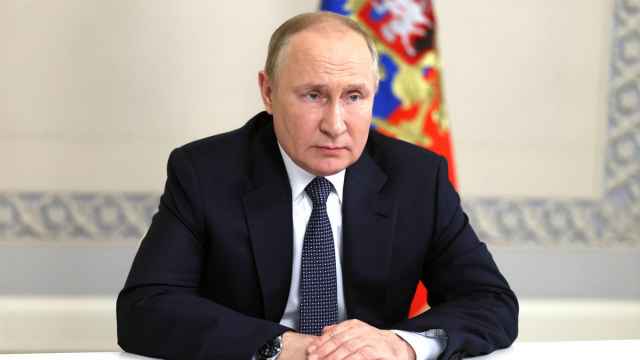Three out of four Russian manufacturers have been negatively impacted by Western sanctions over the past year, according to a survey of nearly 2,000 Russian companies cited by the Vedomosti business daily on Thursday.
Seventy-seven percent of the manufacturing companies affected by sanctions said the impact was negative, according to the poll by the Moscow-based Higher School of Economics (HSE).
The other 23% reported that sanctions had affected their business positively.
Overall, sanctions imposed following Russia’s invasion of Ukraine in February 2022 were found to have affected a total of 65% of the surveyed manufacturing enterprises.
The impacted manufacturers cited price hikes for raw materials on the domestic market, import cuts in goods and services, logistical issues, and problems with equipment imports and maintenance as key issues.
Western sanctions have been felt most acutely in Russia’s metallurgy, pharmaceuticals, electrical engineering, car manufacturing, chemical, rubber, and plastic industries, with between 70-80% of companies in those sectors reporting feeling the impact of sanctions.
However, chemical, electrical engineering, machinery and equipment, and transport engineering manufacturers all said that sanctions had allowed them to break into new markets.
Companies with international links and those relying on imports were more likely to report the negative impact of sanctions, while exporters on the whole said they had benefited from sanctions.
Vedomosti noted that 47% of the surveyed business executives reported the “generally positive or at least neutral” impact of sanctions.
More than a quarter of the respondents (28%) said they had been able to take advantage of new opportunities by increasing their share in existing markets, finding new ones, and attracting qualified personnel.
Some of the more common responses to Western sanctions included switching to new foreign and domestic suppliers, cost-cutting, entering new markets, developing new products and technologies in-house, and reorganizing management and logistics.
“More fundamental changes are yet to come: it takes a long time to find alternative complex technologies,” said HSE economic policy director Yury Simachev.
HSE polled top executives from 1,860 small, medium, and large manufacturing companies across 71 Russian regions for its report, according to Vedomosti.
A Message from The Moscow Times:
Dear readers,
We are facing unprecedented challenges. Russia's Prosecutor General's Office has designated The Moscow Times as an "undesirable" organization, criminalizing our work and putting our staff at risk of prosecution. This follows our earlier unjust labeling as a "foreign agent."
These actions are direct attempts to silence independent journalism in Russia. The authorities claim our work "discredits the decisions of the Russian leadership." We see things differently: we strive to provide accurate, unbiased reporting on Russia.
We, the journalists of The Moscow Times, refuse to be silenced. But to continue our work, we need your help.
Your support, no matter how small, makes a world of difference. If you can, please support us monthly starting from just $2. It's quick to set up, and every contribution makes a significant impact.
By supporting The Moscow Times, you're defending open, independent journalism in the face of repression. Thank you for standing with us.
Remind me later.






